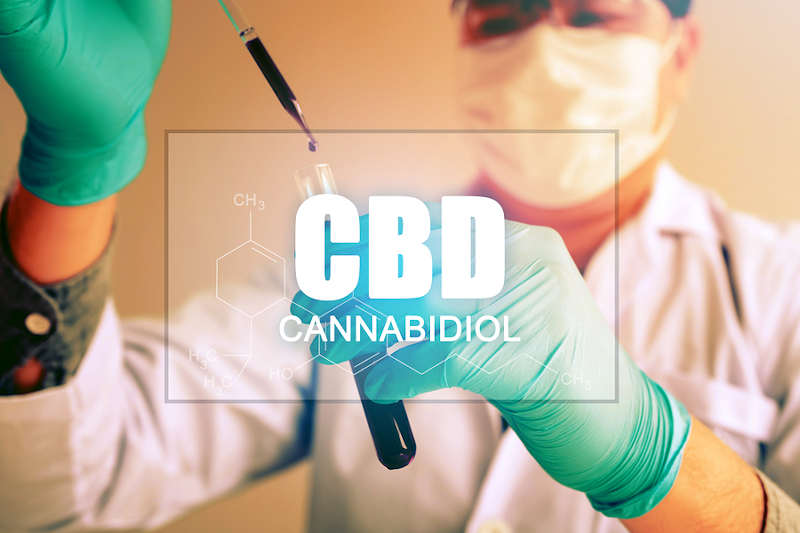CBD affects multiple biological systems, and it is important to know whether you can take it alongside your regular medication.
Current research shows that CBD has an excellent safety profile
CBD is well tolerated even with daily doses of up to 160mg and produces minimal side effects.
For comparison: the average recommended dose of CBD oil is 3 to 4 drops three times a day; this corresponds to approximately 24mg per day.
In addition, the active ingredient was classified as safe by the World Health Organization (WHO) after an in-depth review . https://www.who.int/medicines/access/controlled-substances/CannabidiolCriticalReview.pdf
WHO’s conclusions from current research were as follows:
“CBD is generally well tolerated and has a good safety profile. The side effects reported may be due to drug interactions between CBD and the patient‘s existing medication. ”
In addition to clinical and preclinical studies, the report also considered a wide range of research work.
These findings are encouraging because, based on what we currently know, they show us that the side effects of CBD are minimal.
You can read more about the possible side effects in the report.
However, it is important not to forget that these side effects can be the result of drug interactions.
The critical part of this statement is the word “can” because it indicates that we still do not understand every possible interaction or complication that can occur in the human body.
CBD and medication interaction
Like many other medications, CBD must be metabolized by the liver before it can be distributed in the body. Once the digestive system has processed CBD, it goes through the liver. At this point, the liver uses special enzymes to break down CBD into smaller core components (metabolites) and distribute them in the body via the circulation. This process is completely natural.
The potential problem with consuming CBD is that when taken with other medications, it essentially takes up all of the liver‘s attention.
CBD interacts with cytochrome P450 enzymes, which are responsible for the metabolism of several pharmaceuticals. At sufficiently high doses, CBD even inactivates cytochrome P450, which can lead to toxic levels of the pharmaceutical drugs.
Adverse effects can occur. If certain medications stay in the body longer than they should, side effects can occur in the body.
The possible interactions between CBD and drugs are currently being researched
Any drug metabolized by the P450 enzyme could be affected by CBD.
Many types of steroids, antibiotics, antidepressants, beta blockers, and antihistamines — along with various other medications — fall into this category.
But just because these types of drugs are broken down by enzymes in the liver, don’t mean that there will definitely be an interaction with CBD.
If you choose to take CBD, you always consult a doctor first, especially if you are concerned about the effects on your prescribed medication.



